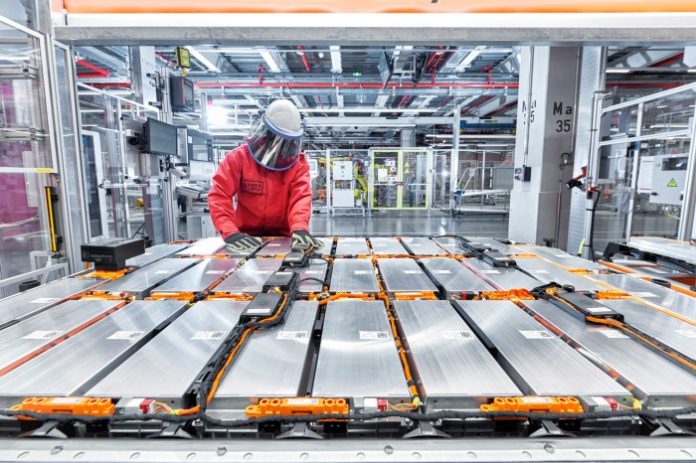Engineers at the University of California San Diego have developed lithium-ion batteries that perform well at freezing cold and scorching hot temperatures while packing a lot of energy. The researchers accomplished this feat by developing an electrolyte that is not only versatile and robust throughout a wide temperature range, but also compatible with a high-energy anode and cathode. The temperature-resilient batteries.
Such batteries could allow electric vehicles in cold climates to travel farther on a single charge; they could also reduce the need for cooling systems to keep the vehicles’ battery packs from overheating in hot climates, said Zheng Chen, a professor of nanoengineering at the UC San Diego Jacobs School of Engineering and senior researcher of the study.
“You need a high-temperature operation in areas where the ambient temperature can reach the triple digits and the roads get even hotter. In electric vehicles, the battery packs are typically under the floor, close to these hot roads,” explained Chen, who is also a faculty member of the UC San Diego Sustainable Power and Energy Center. “Also, batteries warm up just from having a current run through during operation. If the batteries cannot tolerate this warmup at high temperature, their performance will quickly degrade.”
In tests, the proof-of-concept batteries retained 87.5% and 115.9% of their energy capacity at -40 and 50 C (-40 and 122 F), respectively. They also had high Coulombic efficiencies of 98.2% and 98.7% at these temperatures, respectively, which means the batteries can undergo more charge and discharge cycles before they stop working.
The batteries that Chen and colleagues developed are both cold and heat tolerant thanks to their electrolyte. It is made of a liquid solution of dibutyl ether mixed with a lithium salt. A special feature of dibutyl ether is that its molecules bind weakly to lithium ions. In other words, the electrolyte molecules can easily let go of lithium ions as the battery runs. This weak molecular interaction, the researchers had discovered in a previous study, improves battery performance at sub-zero temperatures. Plus, dibutyl ether can easily take the heat because it stays liquid at high temperatures (it has a boiling point of 141 C, or 286 F).









